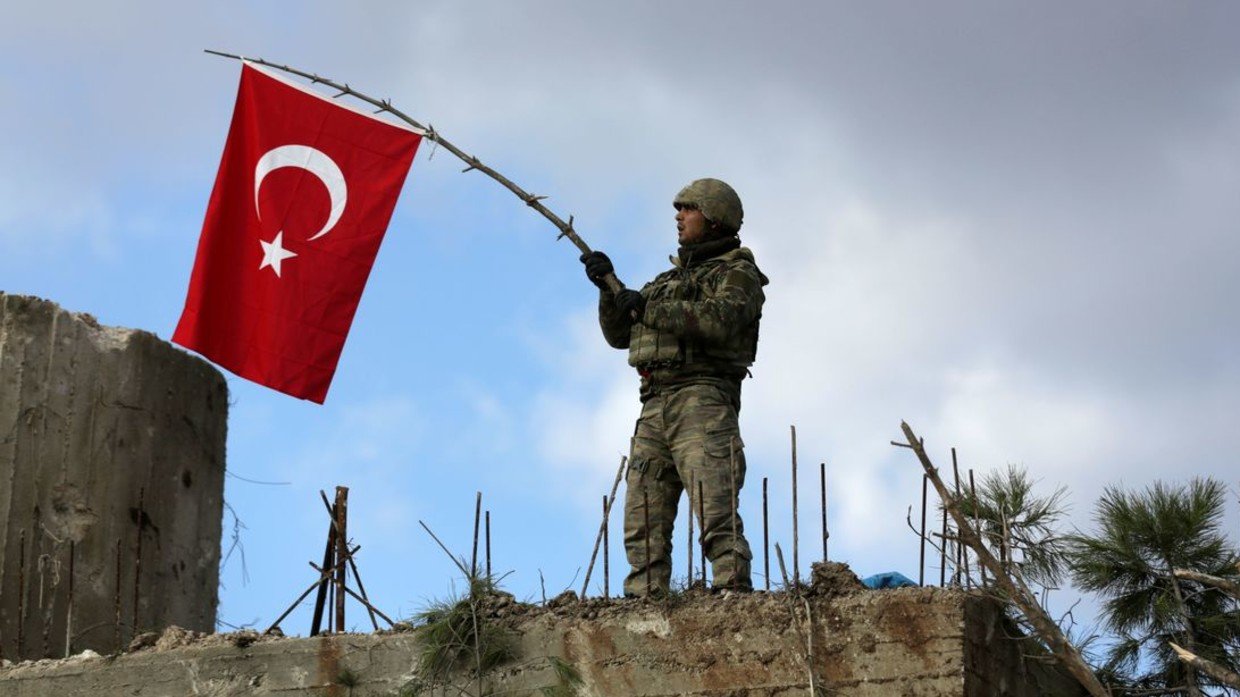While Ankara claims to be supporting Libya’s UN-backed Government of National Accord (GNA), its foreign minister on Monday outright rejected the Turkish presence in Libya, blasting it as an “aggression.”
Commenting on the role of external players, such as Russia and Turkey, in bringing to an end the protracted Libyan civil war, minister Abdul Hadi Al-Hweij was particularly candid.
“When we talk about peace, we don’t have [Turkey’s President Recep Tayyip] Erdogan in mind,” Al-Hweij said. “Among all the involved political figures, he’s the farthest from a peaceful settlement.”
Al-Hweij was speaking at the Valdai Discussion Club’s Middle East Conference, which he is attending in Moscow.
Libya’s GNA and Turkey signed a security cooperation agreement in November, but that pact has been controversially used by Ankara to deploy its troops to the country. Turkey said at the time this was to help Tripoli in its fight against the rival Libyan National Army (LNA) of Khalifa Haftar. Al-Hweij apparently views such help as unwelcome.
This is obviously not a Turkish interference, but an aggression. It’s a new attempt by Turks to conquer Libya.
The GNA was “astounded” by Ankara’s recent statements on Libya, Al-Hweij said: “They speak about their 'concern' for Libya, but their concern doesn't solve our problems.”
He said Tripoli remains committed to finding a solution to the conflict at the negotiating table, adding that “you first have to listen to all sides and then make decisions.”
Also on rt.com Warring Libya sides sit down for Geneva talks agreed in BerlinLibya was thrown into chaos in 2011, when a revolt –backed by a NATO bombing campaign– led to the overthrow of long-time leader Muammar Gaddafi, and turned the once prosperous North African state into a battlefield divided by various militant factions. Over the past few years, Haftar’s forces prevailed and have been in control of most of Libya, save for the capital, Tripoli.
With the Haftar's offensive on Tripoli stalled but still underway, the GNA and LNA finally entered indirect talks in Moscow in mid-January. That summit led to an implementation of a ceasefire which still largely holds in Libya, and paved the way for several other meetings between the sides.
Think your friends would be interested? Share this story!

